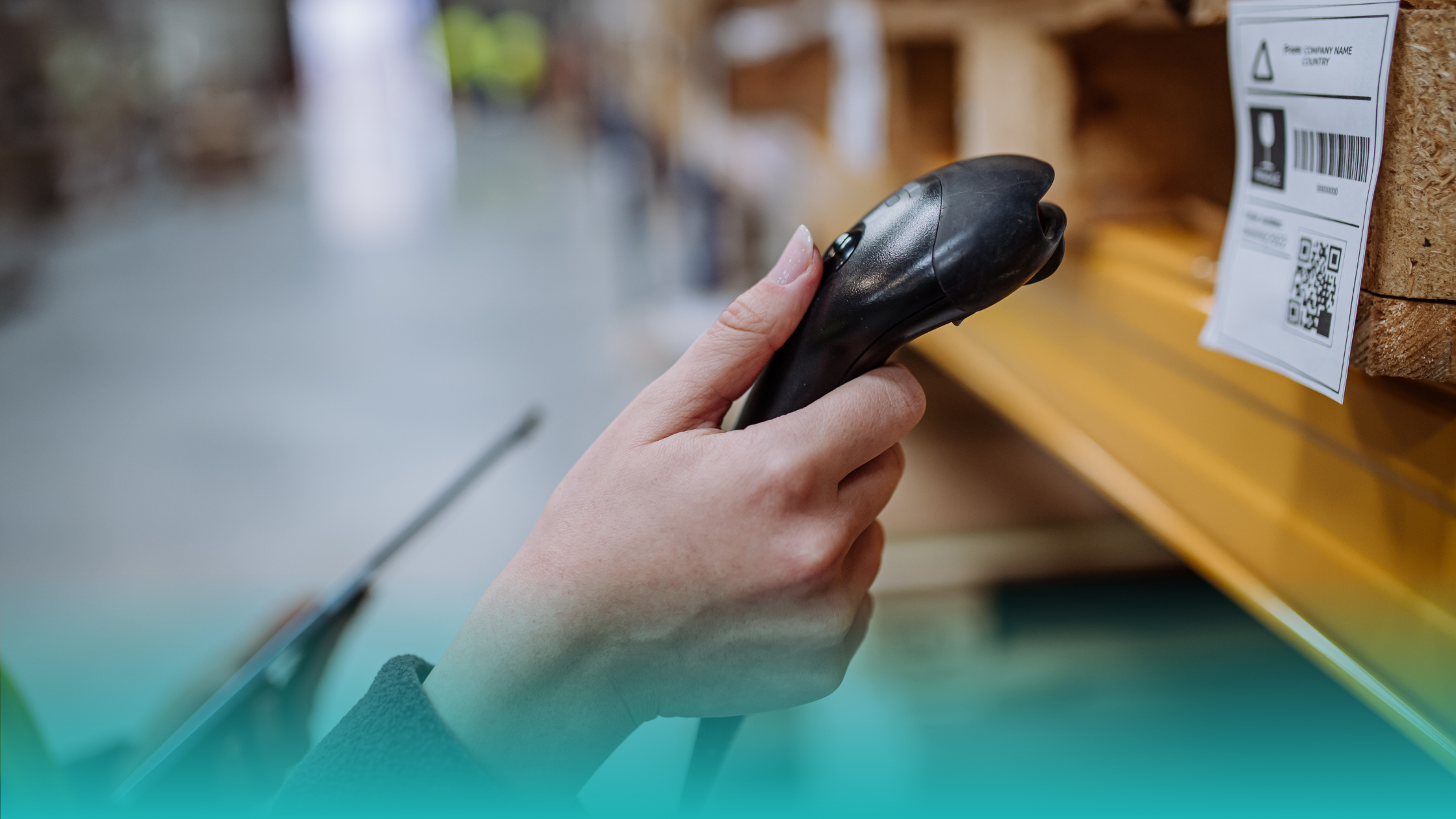Transforming B2B Fulfillment: How AI and Cobots Navigate Traffic Jams and Roadworks

In B2C fulfillment, the emphasis is on delivery speed, with numerous products and instant payment, while the B2B arena focuses more on predictability, fixed deadlines for management, storage, and delivery, and often on a complex payment system. As in almost any field, Artificial Intelligence (AI) plays an essential role in predictive analysis, which is fundamental for an efficient demand forecast.
By analyzing historical sales data, market trends, and external factors, AI-based systems can predict future needs with greater accuracy. This allows users – and providers – of B2B fulfillment services to maintain optimal stock levels, reduce the risk of stock shortages or overstocking, and ultimately improve delivery efficiency. A Gartner report shows that, by next year, 20% of supply chain organizations will use AI for demand forecasting and planning.
If the aforementioned AI means software, the part that integrates high-performance hardware – and physical effort, if we can say so – is represented by cobots (short for collaborative robots). Repetitive tasks such as picking, packing, and sorting will see an increase in automation using robots and cobots – and this is happening in some warehouses in the country. This not only increases speed and accuracy but also frees employees to focus on more refined things, such as quality control and customer service. A study by McKinsey & Company estimates that up to 80% of warehouse tasks could be automated by 2030.
And the actual storage component is, as the scale of operations grows, based on data. Cloud-based Warehouse Management Systems (WMS) become even more sophisticated. Real-time data analysis optimizes warehouse layouts for better product flow, predicts stock needs, and minimizes picking times. Integration with other business systems such as Enterprise Resource Planning (ERP) further streamlines operations.
Technology doesn’t exempt B2B fulfillment from challenges
B2B clients increasingly expect B2C-type experiences, including fast and reliable deliveries with transparent tracking. Fulfillment service providers will need to offer a broader range of faster shipping options – for example, same-day or next-day delivery, to remain competitive. In addition, providing real-time order tracking information throughout the fulfillment process will be crucial for building trust and customer satisfaction. And that means efficient systems for analyzing and predicting the traffic time spent by each delivery.
The lingering effects of the pandemic and potential geopolitical disruptions underscore the need for resilient and flexible supply chains. B2B fulfillment service providers will need to diversify their sourcing strategies and implement robust stock management practices to mitigate and quickly respond to the impact of unforeseen circumstances. This may involve collaborating with multiple suppliers from different regions and using safety stock strategies to maintain adequate stock levels.
Sustainability, often declared and, gradually, put into practice, becomes a priority for companies. B2B fulfillment service providers will face pressure to adopt sustainable practices throughout the fulfillment process. This includes using eco-friendly materials for packaging, optimizing transport routes to reduce emissions, and exploring alternative fuels.
According to Statista, the B2B eCommerce market is expected to reach a value of $20.9 trillion by 2027. And a good part of this enormous sum relies on efficient B2B fulfillment solutions. Moreover, the global 3PL (Third-Party Logistics) market is estimated to grow at a CAGR of 7.2% from 2023 to 2028.
Efficient B2B fulfillment allows eCommerce companies to successfully navigate an ever more competitive and demanding business environment. Integrating technology, sustainability initiatives, and strategic partnerships will undoubtedly shape the future of B2B fulfillment, including in Romania.
Your trusted partners
In this evolving context, Altexpress stands out with a modern and efficient approach to order management and delivery. Using advanced WMS (Warehouse Management System) systems and complex eFulfillment integrations, Altexpress provides a full range of logistics services, from inventory management and order processing to labeling and cash-on-delivery, thus ensuring a continuous and optimized flow from storage to delivery. This not only simplifies the process for online stores but also transforms the final customer experience, offering speed, reliability, and transparent management of each order.
And easySales effectively integrates the world of eCommerce businesses with courier and fulfillment services. The solution allows centralized management of orders from multiple channels, quick product listing on multiple sales channels, real-time stock synchronization, dynamic pricing and sales analysis, and automatic translation, among other options designed to streamline online businesses.



